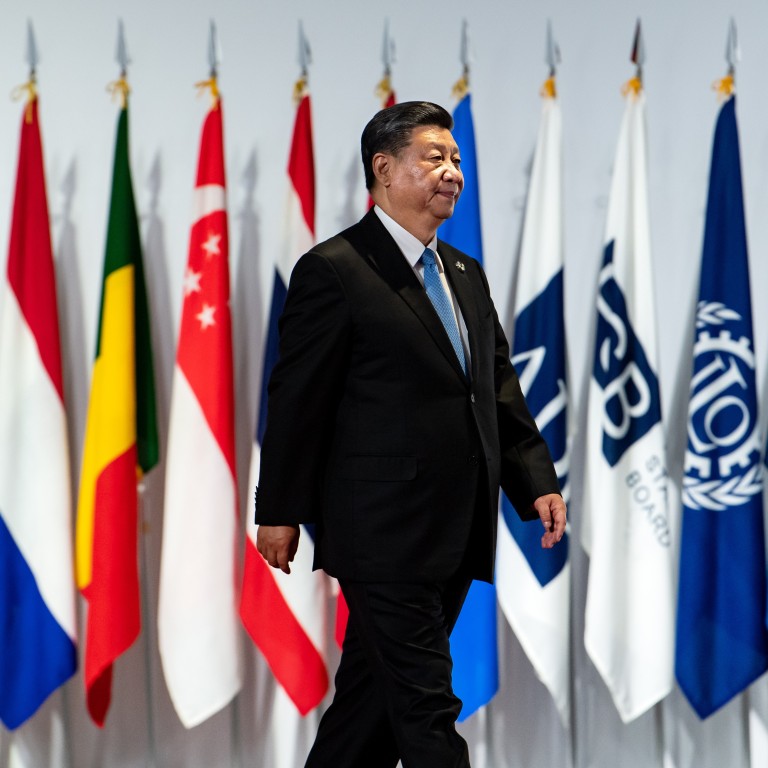
China to raise penalties on IP theft in trade war compromise
- Beijing will also look into lowering the thresholds for criminal punishments for those who steal IP
China has said it will raise penalties on violations of intellectual property (IP) rights in an attempt to address one of the sticking points in trade talks with the United States.
The world’s second largest economy will also look into lowering the thresholds for criminal punishments for those who steal IP, according to guidelines issued by the government on Sunday. It did not elaborate on what such moves might entail.
The two countries are working toward a partial trade deal and leaving the more controversial issues for later discussions. China’s chief trade negotiator spoke last week about the country’s plans for reforming state enterprises, opening up the financial sector and enforcing IP rights – issues at the core of US demands for change in China’s economic system.
“Strengthening IPR protection is the most important content of improving the IPR protection system and also the biggest incentive to boost China’s economic competitiveness,” according to the guidelines. Local governments will be required to implement the strengthening of IP rights, it said.
Last week, Chinese President Xi Jinping said his nation wants to work toward a phase-one trade agreement with the US that is based in part on “equality”. That is a guiding principle that US President Donald Trump just hours later said he does not share.
Trade war, intellectual property theft among top risk worries for companies in China, Kroll report finds
“This can’t be like an even deal, because we’re starting off on the floor and you’re already at the ceiling. So we have to have a much better deal,” Trump said in an interview on Friday on Fox News.
Negotiators from both countries have been talking regularly, trying to bridge the remaining differences on issues including Chinese pledges to buy American farm products, protect IP rights and open its economy further to foreign companies.
The two countries have struggled to agree on exactly what tariffs each side would roll back as part of the agreement’s initial step.
For more insights into China tech, sign up for our tech newsletters, subscribe to our award-winning Inside China Tech podcast, and download the comprehensive 2019 China Internet Report. Also roam China Tech City, an award-winning interactive digital map at our sister site Abacus.

